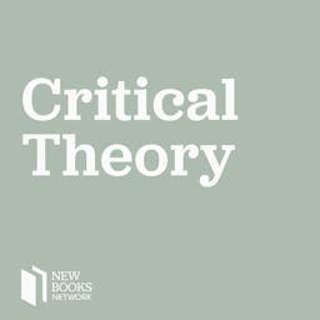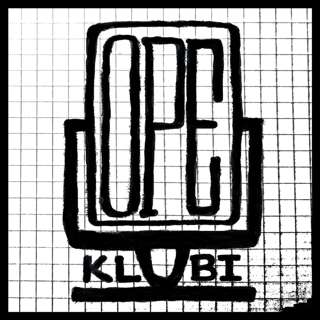
Julia Elyachar, "On the Semicivilized: Coloniality, Finance, and Embodied Sovereignty in Cairo" (Duke UP, 2025)
On the Semicivilized: Coloniality, Finance, and Embodied Sovereignty in Cairo (Duke University Press, 2025) by Julia Elyachar is a sweeping analysis of the coloniality that shaped—and blocked—sovereig...
4 Tammi 36min

Deana Heath and Jinee Lokaneeta, "Policing and Violence in India: Colonial Origins and Contemporary Realities" (Speaking Tiger, 2025)
Why does Indias police force, created under British rule, still echo the priorities of a bygone empire? And what is it about this institution, tasked with maintaining the law and order, that has led t...
3 Tammi 46min

Richard Wolin, "Heidegger in Ruins: Between Philosophy and Ideology" (Yale UP, 2023)
What does it mean when a radical understanding of National Socialism is inextricably embedded in the work of the twentieth century's most important philosopher? Martin Heidegger's sympathies for the c...
2 Tammi 1h 53min

Hans Kundnani, "Eurowhiteness: Culture, Empire and Race in the European Project" (Oxford UP, 2023)
"Today’s 'pro-Europeans' would be horrified at the suggestion that their idea of Europe had anything to do with whiteness. In fact, many would find the attempt to link the two baffling and outrageous,...
1 Tammi 48min

Bernard Forjwuor, "Critique of Political Decolonization" (Oxford UP, 2023)
What is political independence? As a political act, what was it sanctioned to accomplish? Is formal colonialism over, or a condition in the present, albeit mutated and evolved? In Critique of Politica...
31 Joulu 202553min

Gillian Adler and Paul Strohm, "Alle Thyng Hath Tyme: Time and Medieval Life" (Reaktion, 2023)
Alle Thyng Hath Tyme: Time and Medieval Life (Reaktion, 2023) recreates medieval people’s experience of time: as continuous and discontinuous, linear and cyclical, embracing Creation and Judgement, s...
30 Joulu 202536min

Martin Jay, "Immanent Critiques: The Frankfurt School under Pressure" (Verso, 2023)
The Frankfurt School’s own legacy is best preserved by exercising an immanent critique of its premises and the conclusions to which they often led. By distinguishing between what is still and what is ...
30 Joulu 20251h 22min

Russell T. McCutcheon, "Critics Not Caretakers: Redescribing the Public Study of Religion" (Routledge, 2023)
Russell T. McCutcheon's essay collection Critics Not Caretakers: Redescribing the Public Study of Religion (Routledge, 2023) argues that the study of religion must be rethought as an ordinary aspect o...
29 Joulu 202548min


















